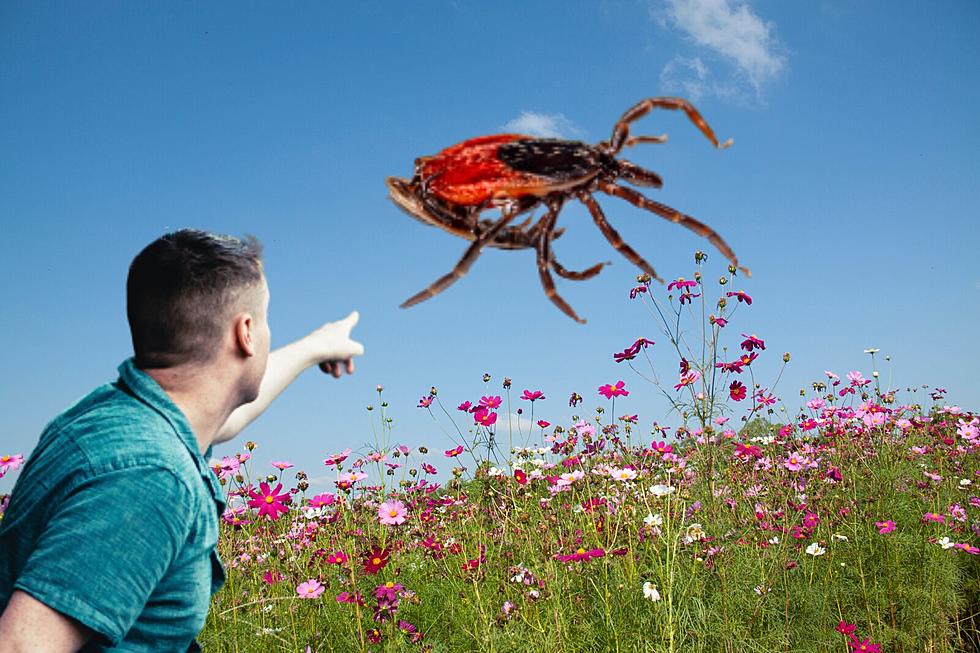
Harsh Northeast Winter No Hindrance to Hungry Ticks-UGH!
I HATE TICKS! So this did nothing to make me feel better. The Northeast may have just escaped one of the coldest and snowiest winters to date, but that still will not reduce the risk of Lyme disease or other tick-borne illnesses.
Researchers focused on ticks and the diseases they spread say the heavy snow that blanketed the Northeast this winter acted as a cozy quilt for baby blacklegged ticks that are now searching for blood in the warmer weather.
University of New Hampshire entomologist Alan Eaton says the abundant snowfall could mean more ticks, but a dry spell later in the spring or summer could kill them off.
Binghamton University researcher Ralph Garruto says people should check themselves for ticks not only after hikes in the woods, but also after trips to urban parks and playgrounds.
Want more tick info for the protection of you and your family and pets? Here you go.
More From 92 Moose









